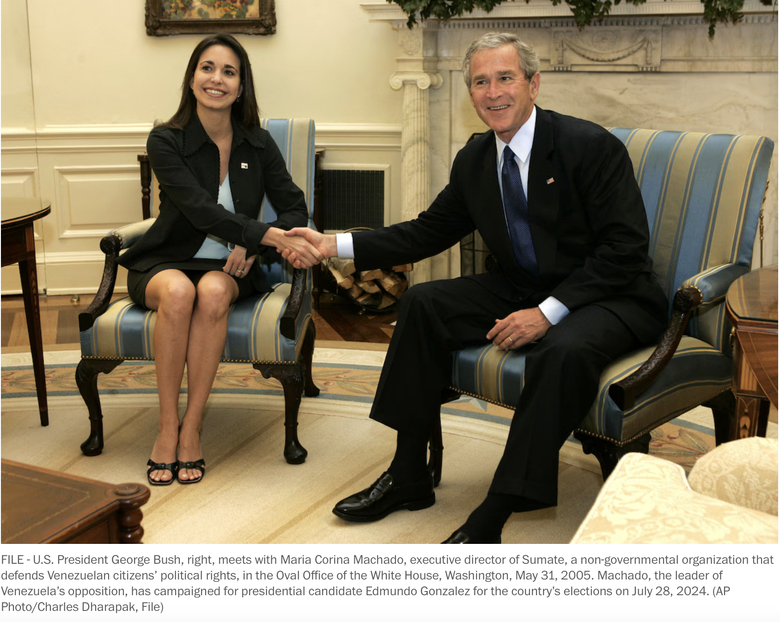This weekend, I’m in Caracas, Venezuela to observe the country’s presidential election. The election will take place on Sunday, July 28.
I came to Caracas after receiving an invitation from the United Socialist Party of Venezuela (PSUV) to act as an election observer. The PSUV is the party of Hugo Chavez and the current President, Nicolás Maduro.
The main candidates
President Maduro is seeking a third term in this election. Before entering politics, he was a bus driver. He rose to become a trade union leader and was first elected to Venezuela’s National Assembly in 2000, when Hugo Chavez was president.
In 2013, Maduro won his first Presidential term in a special election. The special election was triggered by the untimely death from cancer of Hugo Chavez. To this day, Chavez remains widely admired in the non-Western world and in socialist and anti-imperialist circles in the West.
There are ten candidates for the Presidency in this election. The main opponent of President Maduro is from the Democratic Unitary Platform. His name is Edmundo González Urrutia.
Vijay Prashad describes Urrutia as the “far right’s terrible candidate”:
Maduro faces Edmundo González Urrutia, the candidate of the far right. González is portrayed as a grandfatherly figure, although he is only 13 older than Maduro (born in 1962, while González was born in 1949). This image of González as an abuelo (grandfather) masks his more ferocious political project and his background. González leads the Unitary Platform, which was created in 2021 by Juan Guaidó. It is worth recalling that Guaidó was the politician plucked from obscurity by the United States to become a pretender president in 2019 (following a blueprint that had succeeded for the United States in Ukraine when the United States government placed Arseniy Petrovych Yatsenyuk into the prime minister’s office in Ukraine).
Urrutia replaced the winner of the Democratic Unitary Platform’s primary, Maria Corina Machado, after Venezuela’s Supreme Court disqualified her “for being involved… in the corruption plot orchestrated by Juan Guaidó.”
Machado has been a darling of the U.S. government for many years. She was warmly welcomed in Washington by the war criminal George Bush when his administration was in the process of destroying Iraq.

The Juan Guaidó debacle
In early 2019, after President Maduro won his second term in Venezuela’s 2018 presidential election, Juan Guaidó was declared by Canada and a handful of U.S. puppet regimes in Latin America as the interim president of Venezuela.
Although Guaidó, then 34 years old, was a member of Venezuela’s National Assembly, he had never run for the presidency. Nevertheless, the opposition purported to declare Guaidó as Venezuela’s interim president based on article 233 of the Venezuelan constitution.
Article 233 applies in cases where the President ‘abandons’ the post. However, Nicolás Maduro never ‘abandoned’ the office of the Presidency. Right up to the very moment that his opponents declared Guaidó as interim President, Maduro actively exercised the powers of the Presidency.
The bald truth is that Venezuela’s neoliberal opposition, supported by U.S. vassal governments, invoked article 233 as a pretext for rejecting the results of the 2018 election.
Canada played a central role in this fiasco. Yet, despite the enormous support Canada gave to Guaidó for the next four years, Guaidó never actually assumed Venezuela’s presidency.
In late 2022, after Guaidó became embroiled in a corruption scandal, Venezuela’s opposition parties voted to remove him as the purported interim President.
Washington then announced that the U.S. no longer recognized Guaidó as president. Days later, Canada did not what it usually does – it followed Washington’s lead by confirming that it, too, no longer recognized Guaidó as president.
Guaidó now lives in exile in Florida. That also happens to be the place where Brazil’s disgraced ex-president, Jair Bolsonaro, has taken refuge.
The hypocrisy of Canada’s ‘foreign interference’ obsession
The sordid story of Juan Guaidó constitutes one of the most embarrassing debacles of Justin Trudeau’s foreign policy — and that’s saying something.
Yet, when Trudeau’s government abandoned Guaidó, Canada’s corporate media gave Trudeau a free pass by doing its utmost to ignore Canada’s central role in the debacle.
Why? Because Canada’s corporate media supported Guaidó to the bitter end. Therefore, had they criticized Trudeau for this fiasco, they would have had to criticize themselves.
As I explain in my initial report from Caracas, Canada’s support for Juan Guaidó is quite ironic, considering the Canadian political elite’s ongoing obsession with alleged ‘foreign interference’ in Canadian politics.
You can watch and listen to my initial report here:





